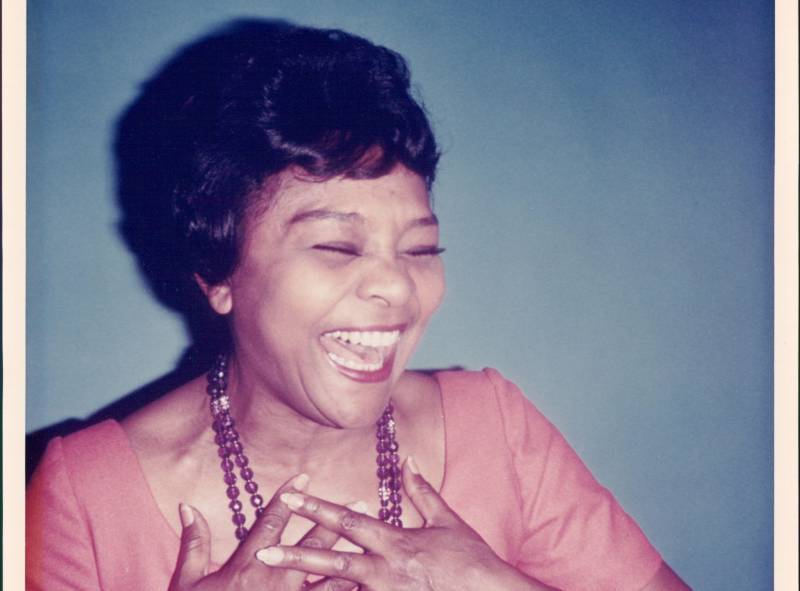A Reporter Reflects on Coping When Your Community is the News
What does it means to be a journalist when the story you’re reporting on also affects you? That’s a question Ericka Cruz Guevarra, host of the KQED podcast The Bay, explored on a recent episode. She shares her story about a camping trip she went on with her best friend during the pandemic. But it’s also a story about the mental health impact of reporting the news when you’re a journalist of color. Ericka originally wrote and produced it for Hella Asian, a live community event hosted at KQED by the San Francisco chapter of the Asian American Journalists Association.
A Long-Awaited Apology, and Hollywood Star, for Two Actresses of Color
We have an update on two stories we’ve brought you about two women of color who’ve had to struggle hard to get recognition in Hollywood. Native American actress and activist Sacheen Littlefeather recently received an official apology from The Academy of Motion Picture Arts & Sciences for the abuse she endured at the 1973 Oscars, and the impact it had on her career. Actress Juanita Moore appeared in more than 80 films and TV shows, but wasn’t always credited for her work. In 1959, she became the fifth Black actor in movie-making history to be nominated for an Oscar. The pioneering actress will finally be honored with her very own star on the Hollywood Walk of Fame.
